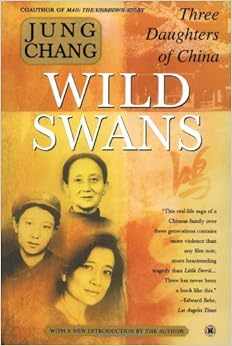






| Amazon Price | New from | Used from |
|
Audio CD, Box set
"Please retry"
|
—
|
$71.94 | $51.76 |
|
Unknown Binding
"Please retry"
|
—
|
$14.03 | $4.19 |

Product Details
Would you like to update product info or give feedback on images?.
|